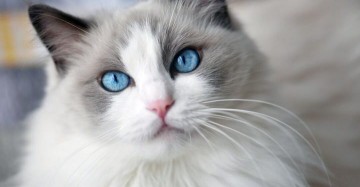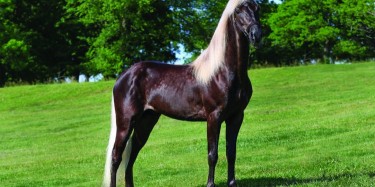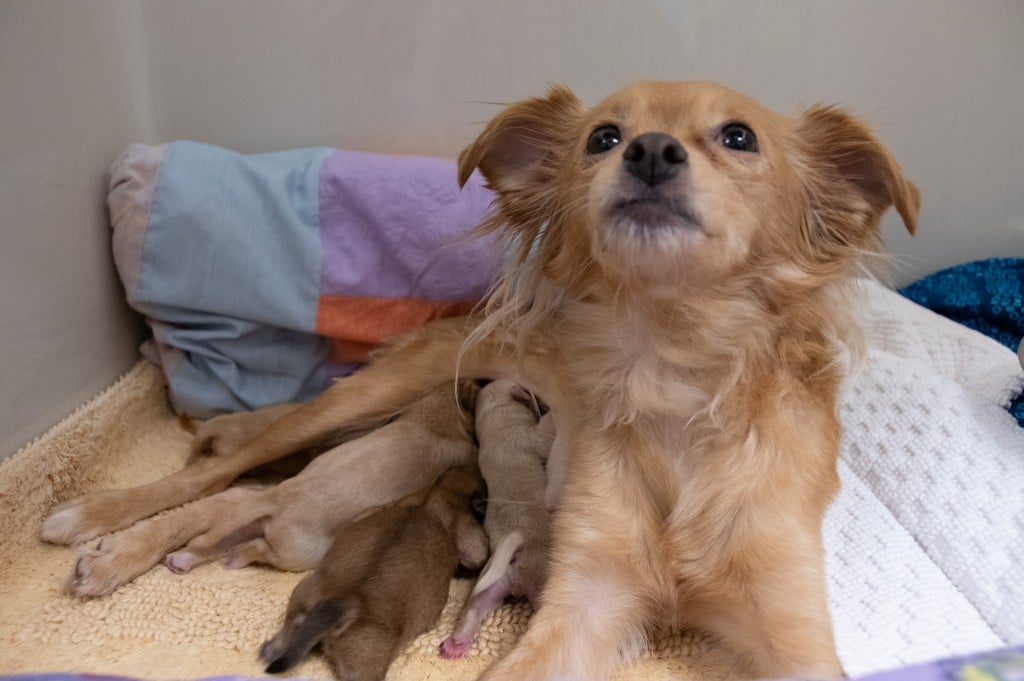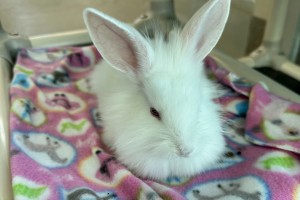
Cats have the inaccurate label as solitary. They are solitary hunters but not solitary animals. This misconception has made them suffer both physically and emotionally due to little or no care.
Many didn’t feel it need/important/ worth putting so much time and effort into caring for their cats because everyone knew cats were aloof, not affectionate, untrainable and independent. This general routine mislabel cats are solitary, as well so they never make an attempt to provide companionship for their cats no matter how lonely that cat maybe.
Here is the problem with our perception; we keep comparing cats and dogs trying to show one species is better than the other, the truth is, they are not the same! Though they are four legged but still different. Here are few misconceptions about cats:
AFFECTION
Your cat doesn’t need to be a lap cat to be affectionate. Cats show affection in so many ways, and you might even not notice some of the most subtle ones. Maybe your cat chirps or trills when you walk in the room, rubbed alongside of you, or giving you some scratchy-tongue kisses, the above mentioned are all signs of affection. Cats enjoys being petted but not the same way you do for dogs. Most cats trigger to defensive response especially when their bellies are rubbed. Most cats have preferences when it comes to their body part and still want to be petted. You can spend a great deal of effort trying to know your cat as a companion.
Studies have shown that cats form affectionate bonds with their owners. (Although there is still some debate as to whether this is actually a preference for a person who provides safety and security).
Cats are wonderful communicators and your kitty tells you so much via body language. Pay great attention to your cat’s signals and you’ll help create a stronger and more trusting relationship.
SOLITARY
Cats are constantly called solitary creatures and that is not accurate. This misconception comes from the fact that they’re small predators that also prey over smaller predators. They are very cautious in many situations including their environment.
The cats many of us choose to share our homes with indeed evolve from solitary species, the African wildcat (Felis silvestris lybica). But feral domestic cats can form colonies, based on friendly and reciprocal relationships when resources are plentiful.
Another factor causing people to become confused about a cats sociability is that they’re territorial, so inter-cat relationship must go through the delicate process of identifying and negotiating turf issues. Unlike dogs, that sees another dog and immediately they flow and are friends. Cat’s introduction require territorial and finesse negotiation, this introduction won’t be accomplished that quickly. It takes time and patience to get it done. Look at cats for the wonderful animal that they are, cats are great at being cats.
INDEPENDENT
Generally it’s true that cats can be kept at home alone for longer period than dogs, they are dependent of us and are also low maintenance companions.
Their social structure is centered on resource availability and safety. Cats need your companionship and when this is not reciprocated they go through separation anxiety; including when left alone too often or for too long- sometimes most people only associate with their canine counterparts.
Studies has shown that over 70 kitten aged between three and eight months, 64% were classified as securely attached to their owners, and of those insecurely attached are 84%. When 38 adult cats were assessed, very similar result were obtained with almost 66% displayed secure attachment.
This shows that the misconception of cats being independent is not completely true, they appear to have close attachment with their owner whom they turn to as source of security and safety, just the same way as dog.
ALOOF AND UNFRIENDLY
What you may interpret as a cat being aloof is actually your exquisitely designed companion being ready for anything. Your cat may not just jump at you with immediate attention when you call out her name: that doesn’t mean he’s aloof, your kitty is just focused.
Cats are very tuned into their environment because they’re hardwired as predators. Their keen senses are on high alert for sight, sound, or smell of potential predators.
Cats have the capacity to be very affectionate towards their owners and form significant bonds. But this largely depends on their genetic predispositions and early life experiences with people.
Owner demographic and cat-directed behavior will also influence the quality of cat owner interactions and relationships. The degree of aloofness in the domestic cat is likely to be very individual. Potential owners should get to know a cat well before taking it into their home as a companion and respecting the cat’s choice to interact.










